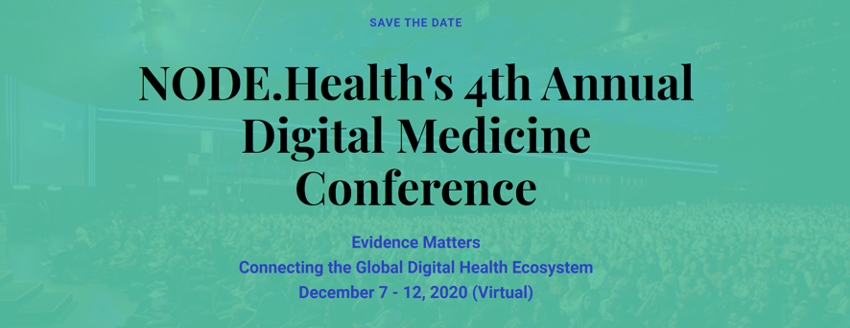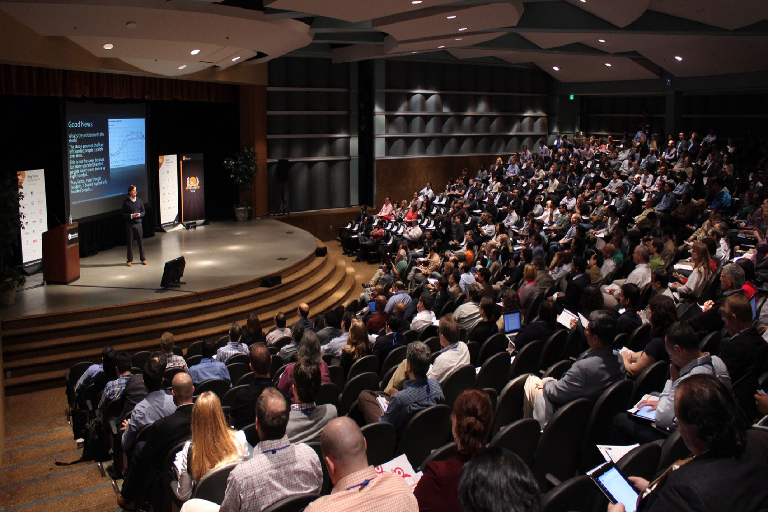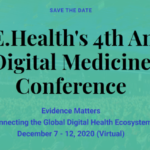As the work between the Departments of Defense (DOD) and Veterans Affairs (VA) has shown, true EHR interoperability is no small feat. The two federal agencies have put in considerable time, energy, and resources and still find themselves short of achieving fully interoperable EHR systems and under the gun with Congress demanding to see a detailed plan by the end of the month.
While this process is playing out at the federal level, it has implications for the rest of the healthcare industry at a more local level wherever clinicians are engaged in care delivery, says Mark Hamra, DO, Chief Medical Officer at Harris Healthcare Solutions.
“One of the interesting things about what the DOD and VA are doing is that they are of extreme interest to the commercial world because it leads to a couple of things,” he tells EHRIntelligence.com. “It reduces vendor lock. Improving interoperability and having an open implementation standard that people can build to allow for innovation. The most exciting thing in the commercial world and what they’re looking at watching this project is: Can we innovate with it?”
Hamra leads the team responsible for developing the service oriented architecture (SOA) that will provide the mechanism for the secure exchange of health information between the DOD and VA by using an implementation that is known and standards such as Clinical Document Architecture, Release 2 (CDAR2), and Logical Observation Identifiers Names and Codes (LOINC).
“There’s the service oriented infrastructure, SOI, and then there are the tools that are used for the enterprise service bus, which makes the translations, creates the platform for services to be registered, and that’s the software,” explains Hamra. “It’s being done to an open standard, not open source, so that you could put IBM WebSphere, Oracle’s products, an open-source product such as Mirth — whatever tool or software you wanted — and implement it into the infrastructure.”
It may sound highly technical, but at its core is a simple premise, empowering healthcare providers to deliver quality care to patients based on information drawn from disparate systems and services. According to Hamra, it’s being able to answer a straightforward question: ”Will a physician start to feel more effective in his healthcare environment?”
As a doctor of osteopathic medicine prior to assuming his role at Harris, Hamra appreciates the importance of having truly interoperable health IT systems from the provider’s perspective.
“Until about a year ago, I was still seeing patients. From personal experience, I felt pretty effective using technology,” he continues. “I rarely felt that effect in the exam room when using healthcare technology. There are good applications out there, but there is some disconnectedness to it and some lag that you feel as a physician, nurse, or anyone trying to take care of a patient.”
What’s becoming clear through the various projects aimed at making EHR and health IT systems capable of seamlessly exchanging health data is that interoperability is a platform for the next phase of healthcare. A failure to achieve true interoperable isn’t just an obstacle for the here and now. It has downstream effects that will be responsible for stifling truly unique and productive innovation. Source






























